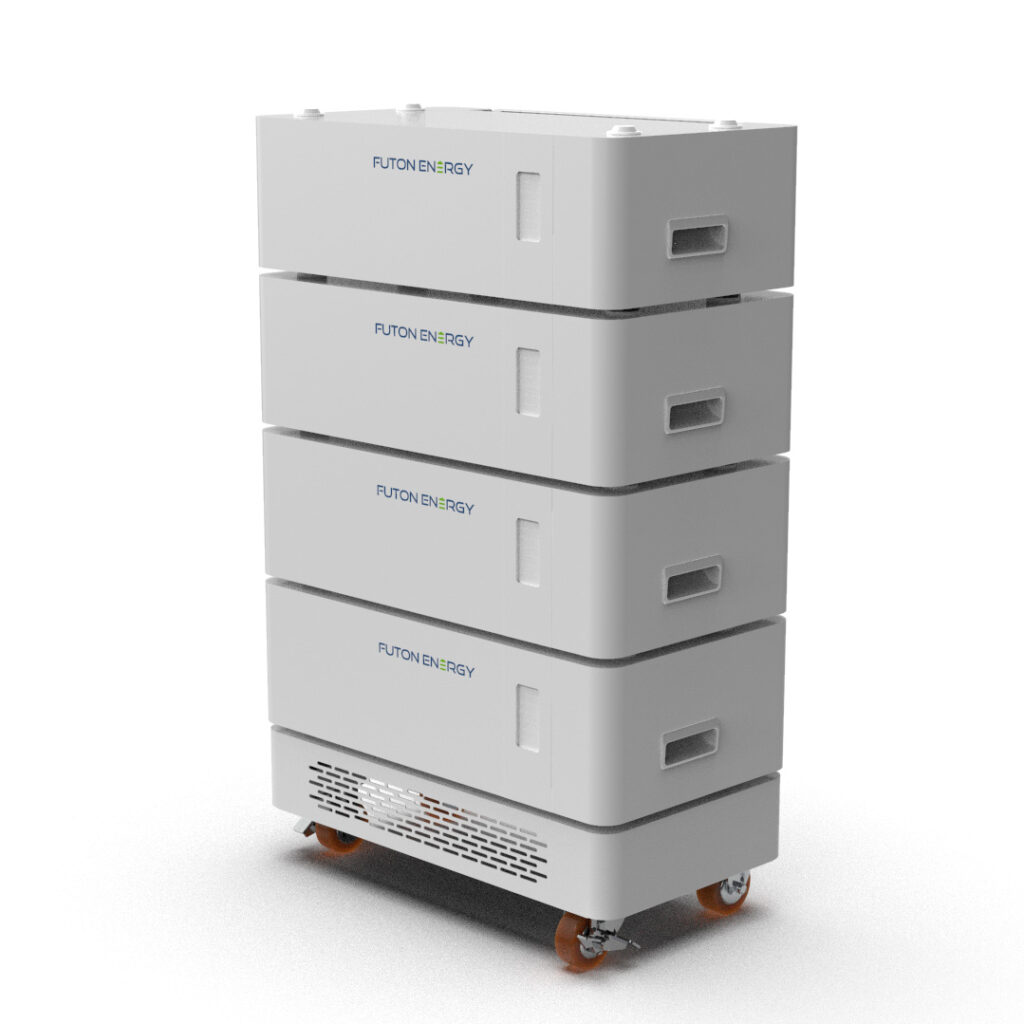Installing solar power systems in your home is the best option you can give yourself to escape from monthly bills, especially from electrical consumption. Perhaps, you only incur the installation labor and cost of purchasing solar system components, that’s all.
Solar power is a great source of electricity used in all AC power household appliances such as refrigerators, lighting systems, air conditioners, televisions, and other electronics. However, the nature of the installation and the price of purchasing a solar plant depend on your home’s size and the electrical appliances you need to operate. For example, if you only need to light your home, you may need to purchase solar panels, a solar energy storage system like a Lithium battery, and an inverter. What you may add include lighting systems such as bulbs. The cost of these components is less compared to when you need to operate refrigerators and televisions.
Although it seems so simple, installing a solar power system can be an overwhelming task, for example, when you have to choose the best solar system you want. That’s not enough even, as it will be a daunting time when estimating power consumption and choosing between on-grid and off-grid solar power systems.
All solar systems operate under the effect of photovoltaic(PV), and the user will have options on how they need to utilize the energy generated. Therefore, the user will consider either opting into a solar grid system or an off-grid solar system.
What does it mean by the on-grid and off-grid solar systems? Learn the differences.
On-Grid vs Off-Grid solar systems: What is the difference
The two terminologies sound to be complicated, but their differences are simple. When you opt in to the on-grid solar system, your power consumption is less than the energy output. Therefore, you can use net metering to redirect excess energy to the utility grid. However, for an off-grid solar system, your need to use solar energy is independent; in other words, you are not connected to the grid network.
1. On-Grid Solar System
These are solar systems mainly used for residential purposes. These solar systems do not require batteries because they are connected to the public electricity grid and use inverters. Any extra solar energy a homeowner produces can be sold to the electricity grid, and this is paid a feed-in tariff or credit. Inverters play a vital role in the residential solar power system as they convert the solar-generated power to a form used in lighting and other home appliances.
However, these solar power systems cannot work nor generate electricity during power blackouts for safety reasons. Blackouts often occur when the electricity grid is disabled; therefore, the people fixing the network faults will be endangered if the inverter feeds energy into a faulty grid. However, those on-grid solar systems with battery storage systems can separate themselves from the grid and continue with power supply even during blackouts.
Pros
- They are easy to install and cost-effective.
- Residential owners can earn some income for every surplus electricity generated by the solar system.
2. Off-Grid solar system
This is a well-designed solar system meant to generate power all year round to meet household power needs. Off-grid solar systems can generate power even during cold winters when sunshine is too low. However, the off-grid has no electricity grid connection; it needs a battery solar storage system.
Since the off-grid solar system needs inverters and batteries, this solar system becomes costly, especially with the high costs associated with buying these devices. This implies that off-grid solar systems can only be cost-effective in remote areas far from the grid. But with the reducing costs of batteries, these solar panels are getting high demand even in cities and towns.
Pros
- The solar system can work independently without relying on the grid.
- The solar system can generate enough power for use at night.
- They are ideal for use in remote areas with no ample access to grid power.
- Their power supply cannot be affected by infrastructure faults and shutdowns.
Conclusion
Solar systems produce clean and renewable forms of energy with several benefits depending on your choice. Understanding the benefit of both the on-grid and off-grid solar systems can help you choose an ideal one. Both on-grid and off-grid solar systems are good and can be used by anyone, but the suitable one for you depends on your location, household power needs, and individual preferences.

